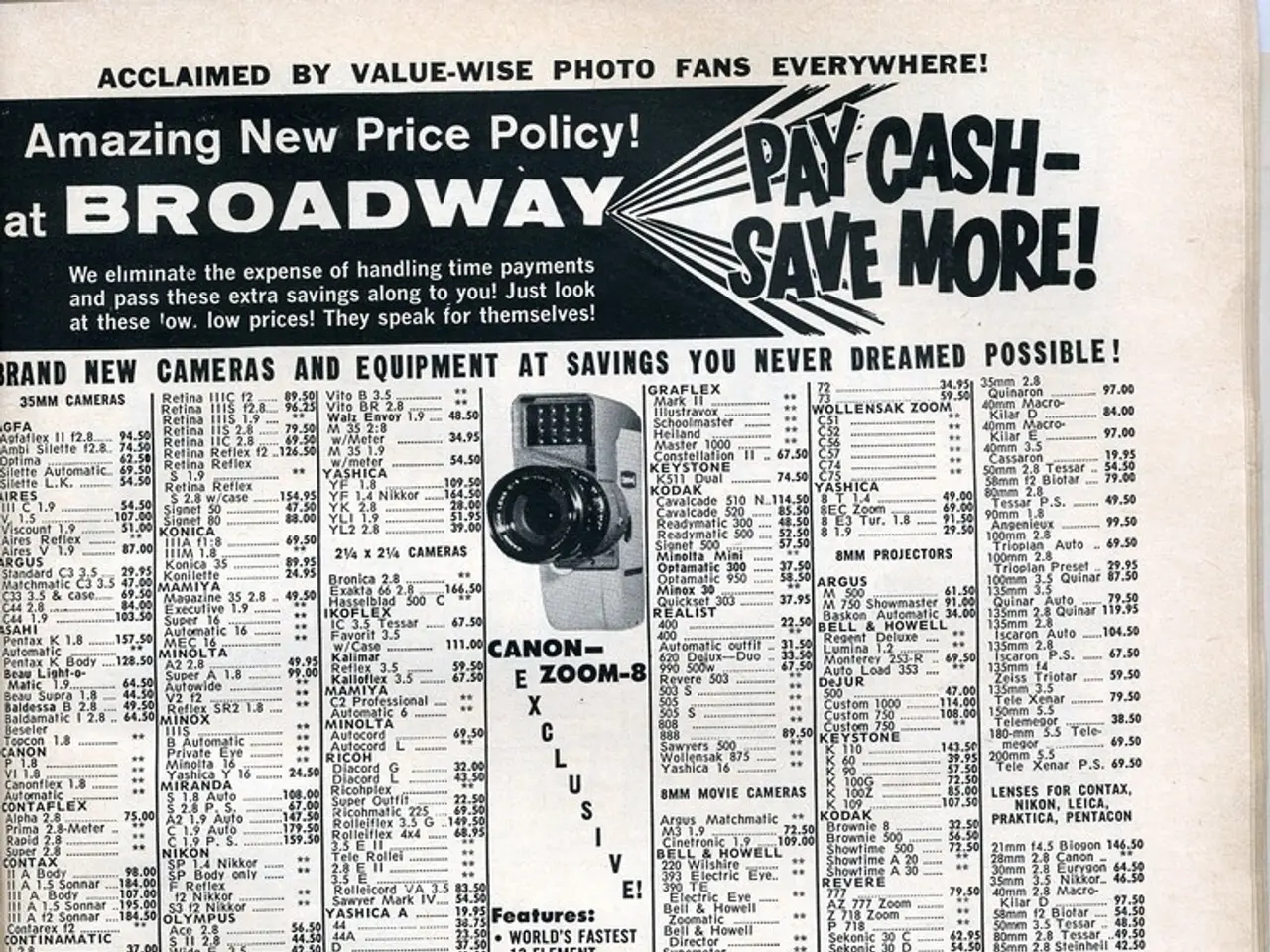Keeping Your Black Employees: Strategies to Prevent Departures
In the world of fashion and marketing, the appropriation of Black culture by brands has been a long-standing practice that continues to spark controversy. This practice involves the borrowing or commercialization of cultural elements—such as clothing, language, or artifacts—from marginalized or minority cultures without proper acknowledgement or respect for their origins.
For instance, luxury brand Prada faced controversy in 2025 when it introduced sandals at Milan Fashion Week resembling India’s traditional Kolhapuri sandals, a culturally significant footwear with Geographical Indication status. The brand's disregard for Indian heritage led to a wave of criticism on social media, demonstrating the power of online communities to challenge cultural appropriation and influence brand reputation and sales.
Similarly, an American artist rebranding the traditional Indian "jhoola" (swing) as "gothic swing" drew accusations of cultural appropriation for renaming and exoticizing a traditional Indian artifact while dismissing indigenous cultural context.
The appropriation of cultural phrases, like "Hot Girl Summer" or "pushin P," originating from distinct cultural or regional vernaculars, often from Black or urban communities, is also viewed as cultural appropriation. Brands leveraging such phrases typically do so to capitalize on viral slang, but this can dilute the cultural meaning and provoke criticism for commodifying grassroots language.
Megan Thee Stallion's phrase "Hot Girl Summer" has been adopted by multiple apparel brands, and "pushin P" has been over-utilized by brands in their marketing campaigns. This strategy is intended to increase the brands' appeal to a diverse audience, particularly those who previously didn't find their products relatable.
However, the lack of authenticity in these appropriations has been a subject of ongoing debate and criticism. The overuse of Black cultural phrases has been met with backlash and criticism, as it is perceived as a dilution of the cultural meaning and commodification of grassroots language.
Brands must navigate cultural fluency as essential to avoid reputational damage and genuinely engage diverse audiences. Platforms like the Fashion and Race Database highlight these systemic inequalities and advance critical conversations on race, gender, and class in fashion and culture.
Digital blackface, where brands rush to post culturally relevant content without understanding or respect, has become more prevalent. This practice has been criticized for its lack of authenticity and disregard for the cultural significance of the elements being appropriated.
In conclusion, the history of cultural appropriation by brands shows recurring controversies where cultural artifacts, language, or styles are commodified without respect, sparking backlash amplified via digital media. Examples like Prada’s Kolhapuri sandals and the renaming of Indian jhoolas illustrate this dynamic, while slang terms such as "Hot Girl Summer" or "pushin P" remain emblematic of how brands can appropriate cultural expressions for marketing, often without due recognition of their origins. Brands must strive for cultural sensitivity and authenticity to avoid reputational damage and genuinely engage diverse audiences.
[1] [Source] [2] [Source] [3] [Source] [4] [Source] [5] [Source]
- Social media has become a powerful tool for challenging cultural appropriation, as shown by the criticism directed at luxury brand Prada for its disregard of Indian heritage when introducing sandals resembling Kolhapuri sandals.
- Brands seeking to increase their appeal to a diverse audience often appropriate cultural phrases like "Hot Girl Summer" or "pushin P," but this practice is criticized for diluting cultural meaning and commodifying grassroots language, sparking ongoing debates about cultural sensitivity in marketing.








